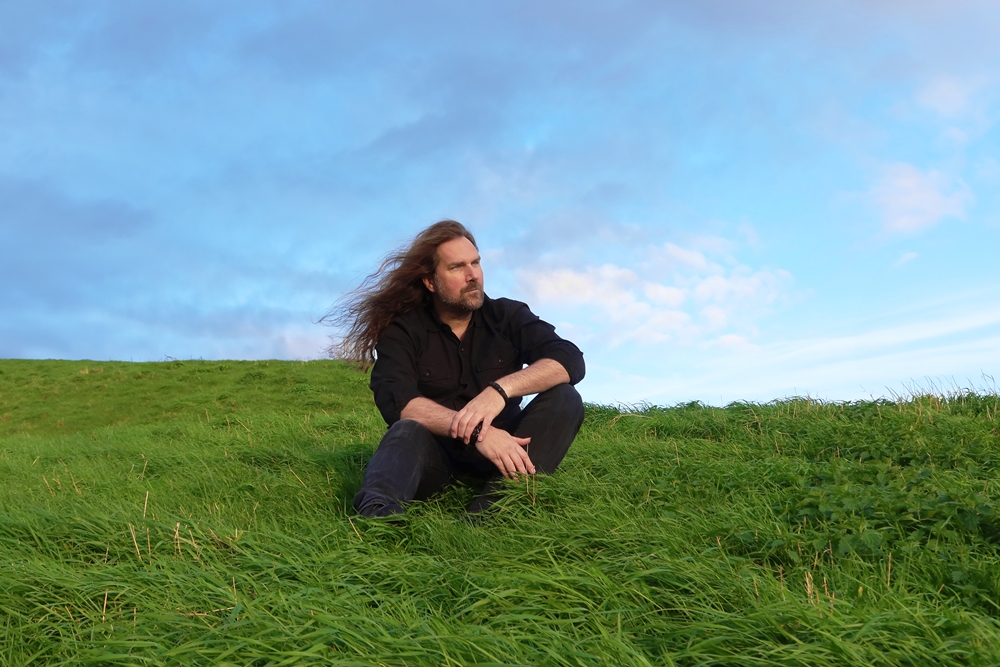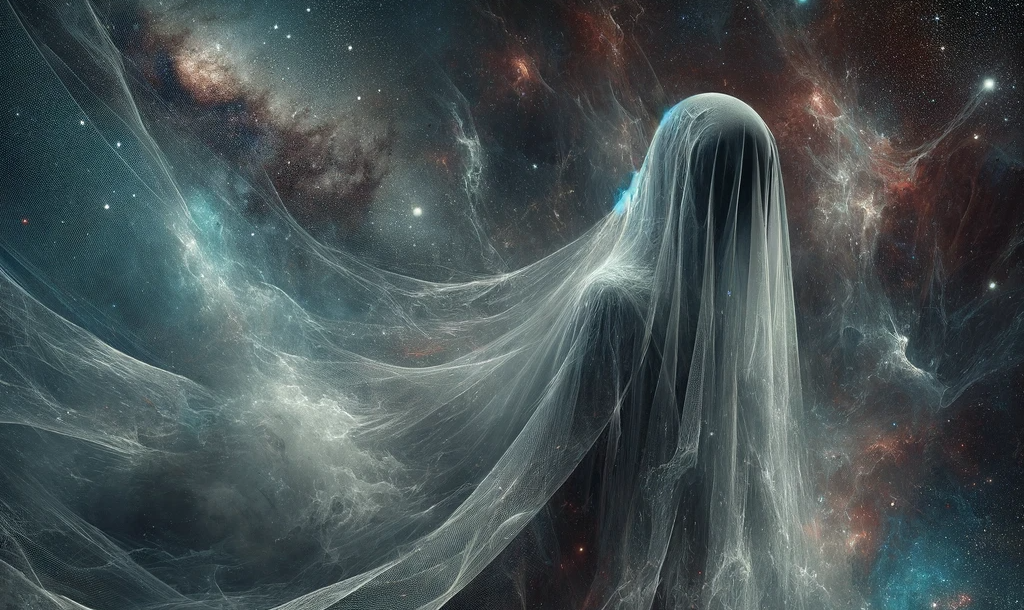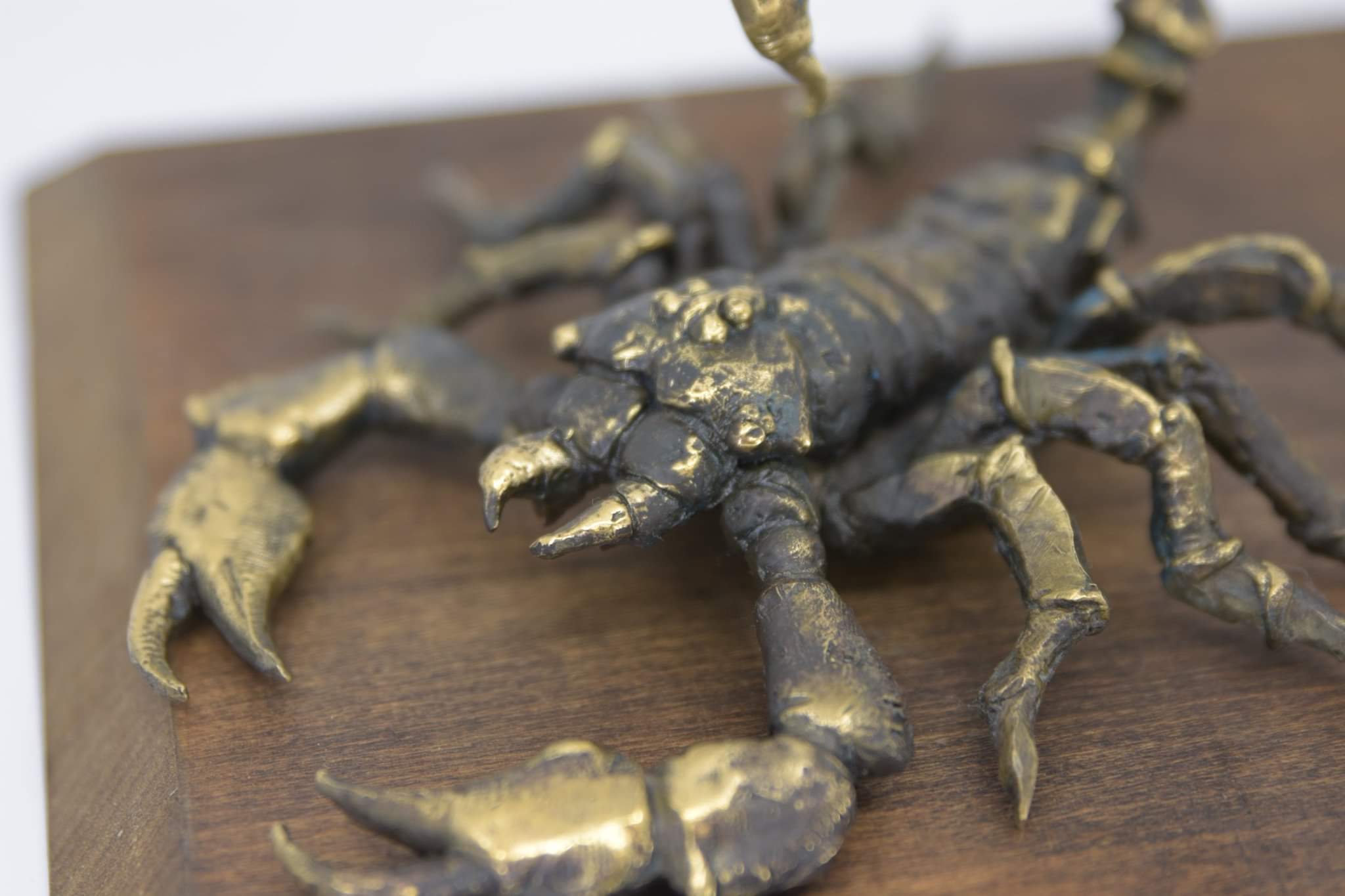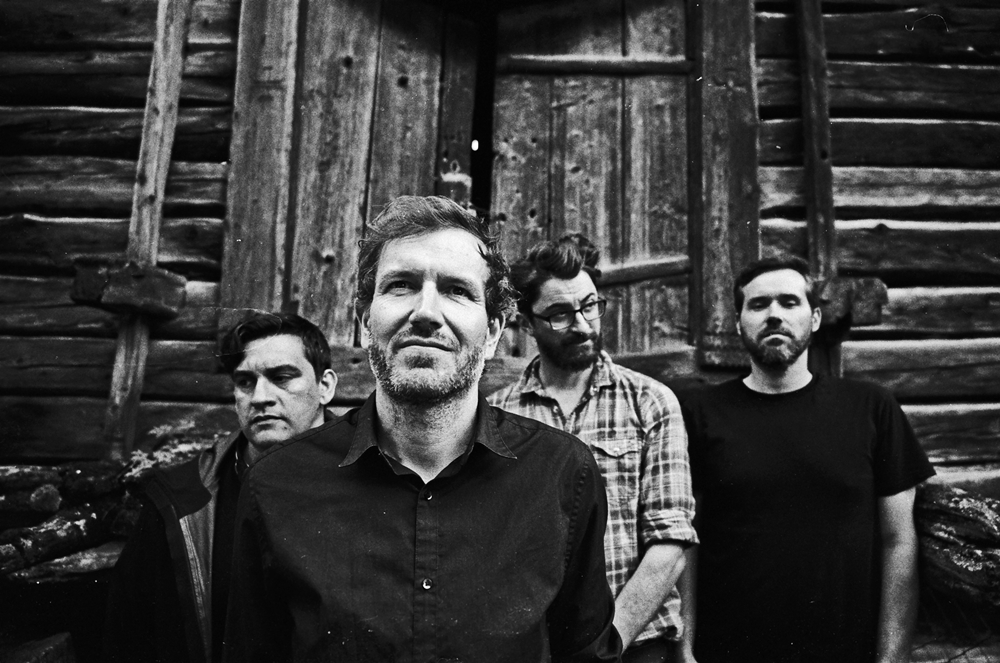From his original gig with his brother in Pain of Salvation as a bassist and singer, to his projects with KAYAK, Neal Morse, Damian Wilson, and Lana Lane, Kristoffer Gildenlöw is a true veteran of the progressive rock scene. The Swedish artist releases his fifth solo album “Empty” today, and what’s better than finding more about the record than from himself?
Hi, Kristoffer! I’d like to focus on your release ‘Empty’. When did the writing sessions for the album begin? Although we know you are responsible for the music production and lyrics, has it been any different now?
Some of the song ideas are probably several years old and I found the right inspiration for them now. I think one of the songs I had as an idea already when I made my first album ‘RUST’. Other ideas came much later, as late as during the mixing of the other songs. Sometimes things just fall into place at one time and you have a song completed in a matter of hours.
‘Empty’ was meant to be my third album out, after ‘The Rain’ but had too many songs and they were too far apart. That’s when I realized I was writing two different albums. One more rocky and dark and the other more acoustic and content. So I split them into ‘Empty’ and ‘Homebound’.
I started recording them at the same time but ‘Homebound’ was completed first and therefore released first. The idea was to release them both in one year but Covid put a stop to that. I could hardly release ‘Homebound’ and had lots of problems with distribution and promoting the album.
So apart from the lock-down and the fact that I couldn’t finish ‘Empty’ the way I wanted it, there was simply no chance to release it in 2020 due to the circumstances in the world. So I put it on the backburner and it wasn’t until 2022 that I could pick it up again.
We are currently living through a very trying and charged time right now so I am curious to know how your own music is reflecting this time period?
COVID-19 and the current society with social media, war, and political movements have polarized humanity and made us show our ugly side. Greed, hate, deceive and exploitation has dumbed us down to what we are now. Shallow, on edge, privileged, lazy, and saturated.
We know what’s wrong but we won’t fix it. We also know what’s right but we won’t do it. So we keep on building on an unsustainable foundation, a foundation we all know is unsustainable.
Without putting it there too blunt, ‘Empty’ is a reflection on humanity on the verge of collapse. We’ve worked our way to the edge of the cliff. We knew there was a cliff, we knew there was an edge but yet we kept on running. Some prayed and hoped for a divine power to interfere and help but we had already made the deal to keep our fate in our own hands in return for self awareness and intelligence.
In ‘Empty’ we’re looking at this event through three different points of view:
The human point – me, you.
The point of humanity – us and them, and from the outside looking in the creator who’s grown tired and unsure of failed attempts of creating life in hope of finding a worthy ruler for this planet. Is it time to start anew or just let it go?
Is there a specific philosophy or worldview underlying ‘Empty’?
The philosophy is actually very simple: “don’t be an asshole!”. As mentioned, we know what’s good and bad but we keep on doing what’s bad, even though we know it’s going to bite us in the ass one day. And that day is coming closer and closer by the minute.
Other than that, ‘Empty’ is a mind-boggling journey through a world that we know or know will come, and the idea that something is looking down at us but it’s not the god we thought it was and doesn’t have the power nor the interest to do what we ask and pray for. Because the deal we’ve made for our intelligence was that there would be no interference. We’re on our own now and it’s up to us to set things right.

How does ‘Rust’ look like for you now, after 12 years? How different or similar is it to ‘Empty’?
Each of my albums is slightly different. I like to try out new things and get different moods, themes and subjects into my compositions and arrangements. I write the songs differently, I arrange and produce them differently using different instruments and settings to venture into something else than the last time.
‘RUST’ was a great start for me writing music for myself and on my own. If I listen to it now, there are of course things I’d like to have done differently but I already have that with ‘Empty’ so that’s a thing I share with all my creations. The fun thing is then to be able to change things and keep the music and the arrangements alive by playing the music live. Each time slightly different. That way I can “correct” things or try out some new ideas on existing songs.
How do you know when a track is ready? Does it ever become difficult to either refine ideas down or to stop perfecting?
I don’t. I could keep on forever tweaking on songs. I guess every musician, writer or painter could. What I do is, I use deadlines. A bit of pressure to get things moving and at a certain point you just have to let go. Of course, if it’s not good, I’ll have to keep on but the idea is to get so far that the last days of mixing, there will only be changes that I’ll be able to hear, that will please me. Someone off the street wouldn’t be able to hear much of a difference between mix 3 and mix 4. Knowing this, I’m able to let go of the production once I hit the deadline.
Take me through your sound design process. Does the conception come first or do the songs evolve naturally – do you have a clear idea of what it will be before you start to make it?
Lyrics almost always come last with me. Ideas can be anything from a melody to a chord progression to a rhythm part to just a feeling within a certain tempo of groove. Then I let the creativity flow. If an idea doesn’t get me further at that moment, I put it away and listen to another idea. So if an idea makes me want to keep on writing and it gives me new ideas, I go with that until it stops. When it stops I put it away and continue with something different.
I never force the creativity of the music. Then I usually end up with demo songs and a hummed or played melody. For lyrics I let the songs talk to me. I listen and I listen and I listen. It starts with a word and I try to figure out what can lead us to this word. Sometimes I have a concept of a song and what I want to write about but it’s always depending on the music.
That’s how I find that music and lyrics fit together. You can’t write sad lyrics to a happy song or something like that, you’ll lose the lyrics.
After a while I find patterns and themes and I start to tie the songs together. Music wise this has already sort of happened a bit and I’ll underline it in arrangements and production later on. Then I’ll shape the lyrics and rewrite them where needed. I usually change the lyrics up until I’ve recorded the vocals and I’ve even re-recorded vocals due to the change of lyrics. It has to feel whole, complete.
Was there any song on the album that was particularly a challenge to write?
Took me quite some time to get the lyrics for the song ‘Empty’ right. They started out quite differently but didn’t feel right so I kept on re-writing and re-writing until the concept of a god, looking down at us, came into my head. Those moments can be quite frustrating. You’re so close and you have it within your grasp but it just doesn’t land in the right spot. But when it happens, it feels great.
Producing this album, on the other hand, had me on a rollercoaster. I tried out quite some (for me) new techniques of mixing and using effects and plug-ins and more than once I had lost myself and the music in the process. Then it’s great to have some people who can give you good feedback and set you back on track again.
How do you feel you have grown in the time since you played in Pain of Salvation, Dial, or The Shadow Theory, both personally and musically?
When in Pain of Salvation, I hardly wrote any music at all. That all started afterwards when we wrote the music for DIAL. The song ‘Green Knees’ could also have been on the album ‘RUST’ if you listen to it. Since then I have written and released my five albums and I grow each time when it comes to song writing, instrumentation, arrangement and productions. Also everything around the album, like artwork, promotion, finding the right people, pacing and planning etc.
I’ve become quite independent and efficient in this and that gives me the time and space I need to be even more free and creative. I’ve rid myself of some frustration. Partly by doing more myself – which heightens the frustration of pressure and time but gives you more control in the planning and decisions along the way – and partly just by becoming older and wiser and understanding more how things work. I can anticipate more, choose more but I also know that things aren’t nearly as big of a deal or problem as it might look at first.
In how much, do you feel, are creative decisions shaped by cultural differences – and in how much, vice versa, is the perception of sound influenced by cultural differences?
There’s a lot in our culture that forms us as individuals and artists. We grow up with a certain image of the world, biased to the location and situation we grow up. I grew up in Western Europe, listening to music from Western Europe and USA. My music is heavily influenced by that in the way I write and produce.
I’ve recorded bass on progressive rock-albums of bands from the Middle East, for instance, and although it’s progressive rock in every sense, their arrangements, instrumentation and way to look at scales and time signatures were very different. But luckily we can still be influenced by other cultures later on in life. We just need to make more of an effort to “get into it” since we didn’t grow up with it and it doesn’t feel completely natural to us as for someone who was actually born and raised within that culture.
There are many descriptions of the ideal state of mind for being creative. What is it like for you? What supports this ideal state of mind and what are distractions? Are there strategies to enter into this state more easily?
My strategy is to never force it. Just let it flow when it wants and needs to flow so don’t bottle it up either. I always have my sell phone at hand if I come up with an idea somewhere along the way. You’ll be able to find me in super markets or along roads, writing down ideas or singing into the memo recorder. If it’s there, it’s there.
Then I get back to it later on to see if it triggers me to move on further with the idea or leave it for another rainy day. I think I have some 1.000 ideas in my phone alone. Who knows what will become of them?
When listeners make their way through your songs, what do you want to feel? What kind of situation do you see your music accompanying?
My music isn’t really something you put on as background music while having a chat or reading a book. It’s music that needs your full attention. Dim the lights, sit or lay down comfortably, bring snacks, and enjoy the journey.
I prefer to use head phones in order to hear all the details better and to block out the outer world as much as possible. Then just let it absorb you. I know the themes I write about are quite heavy and personal and you might not come out a happier, more energetic person on the other side but we’re done looking away from uncomfortable.
We need to look it in the eyes and then find the energy to do something about it. We need to change for the better. But there’s also comfort in there, heartwarming love and nostalgia to dream back on. Maybe find yourself, maybe find someone else like you. Some soul searching and adventures through emotions and thoughts. Let it all in… let it all out!
You’ll have an album release show on February 10. I know you can’t really get into too many specifics, but is there something special you can maybe, like, tease?
Not that much to it. I have gathered some great musicians and the six of us will try to make justice to the songs live. Maybe some live alterations, added energy and most important is having a good time together with the audience. We’re looking forward to it, for sure.

Follow Kristoffer Gildenlöw on:
Website | Instagram | Youtube | Facebook
Nicoleta Raicu
Latest posts by Nicoleta Raicu (see all)
- POST DEATH SOUNDTRACK’s Album Is a Tasty Treat For Your Ears - April 27, 2024
- Is ‘God Damn’ LOVE GHOST’s Best Single Yet? - April 27, 2024
- Dissecting IRONIC SWEDEN’s EDM/Future Pop Track, ‘Media Whore’ - April 26, 2024



